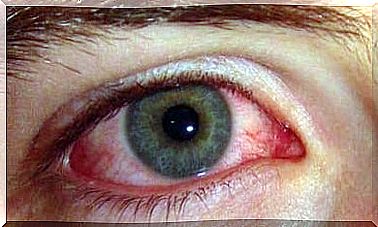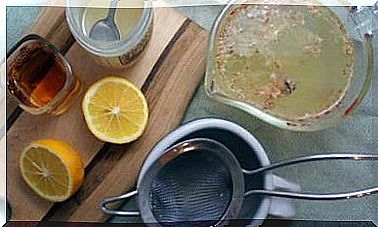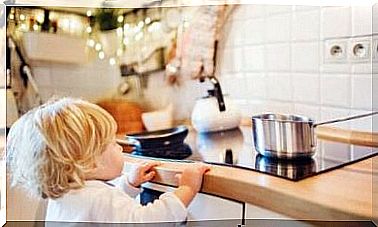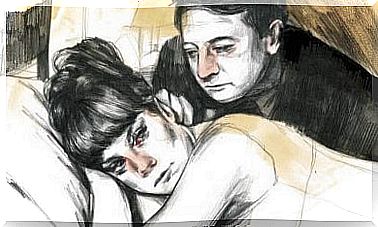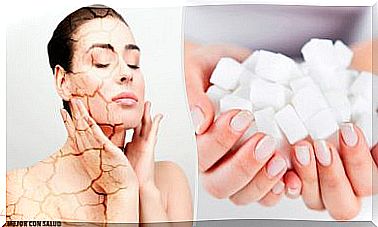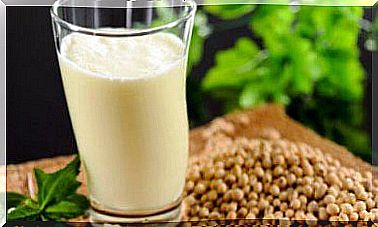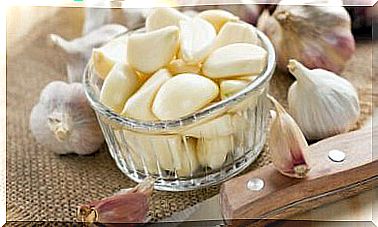The Placebo Effect Of Food

The placebo effect of food is a new research topic. Researchers are now realizing that diet can be a health or disease factor. While what we eat affects our well-being or pain, the truth is that there are fantasies that affect it too.
There are foods that are promoted as if they were magical. With other foods, people cite certain specific effects that affect a particular area of health or organ. That’s why they seem to work well in certain people.
Those effects, miraculous or only partially helpful, are what got us talking about the placebo effect of food. Is it possible for something to happen to food, just like placebo drugs? Let’s take a look at this.
The placebo effect
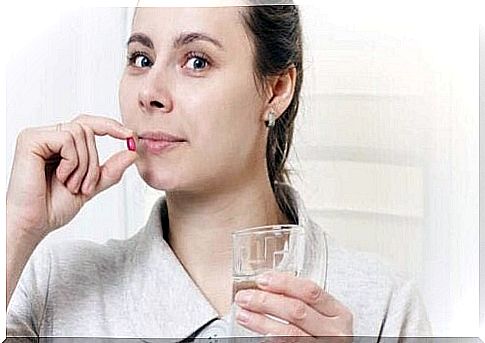
We’ve known about the placebo effect since 1800, thanks to British physician John Haygarth. Since then, specialists have been using it systematically. They use it both in testing new drugs and in the treatment itself.
This effect occurs when someone takes a pill and thinks it is a drug. In that case, however, it is not a real medicine, but the person still sees an improvement in the complaints.
- Today, for example, we know that expensive placebos are more effective than cheap placebos. Even if it’s a sugar pill, it’s more effective if it’s expensive.
- Also, researchers have found that red pills have better effects than blue ones.
For a long time, people thought of the placebo effect as the result of a suggestion or a “counterfeit medicine.” However, recently, and using modern means, studies have shown that placebo actually generates positive changes in the brain. As a result, it may help to heal people.
Research on the placebo effect of food
The placebo effect of food is a newer area of research. One of the pioneers is Dr. Alia Crum, clinical psychologist and researcher at Columbia Business School . One of her best-known experiments has to do with calorie intake.
A group of volunteers were told they should drink a 640 calorie milkshake. Another group was told there were only 140 calories in the milkshake. However, both milkshakes were the same, containing 340 calories.
- Those who drank the milkshake and thought it was high in calories quickly felt full.
- However, the other group started to get hungry.
Other comparable research showed that people in the same type of situation can even lose or gain weight. These other studies show that there can be a placebo effect with food. The belief that food causes a certain effect influences people so much that this effect actually occurs.
The power of the placebo effect

Advances in research into the placebo effect of food have shown fascinating results in recent years. One of the most interesting findings is that this effect is not just psychological. It even works on a biochemical and molecular level.
At one of the most recent world conferences on the placebo effect, which was held in Leiden, the researchers showed MRI images. They showed that there are areas in the brain that trigger taking a sugar pill when the doctor suggests it’s a drug.
Kathryn T. Hall, molecular biologist, along with Ted J. Kaptchuk, chief of Harvard Medical School ‘s Placebo Studies Program , are two of the most advanced scientists in the field.
Their study states the following: ‘Mutations in an enzyme called catechol mthyl transferase (COMT) determine higher or lower levels of response to the placebo effect’.
Diet Effects
We still don’t know exactly what the placebo effect entails. In general, placebos work in a third of volunteers. This means it has real power. However, researchers have much more to discover.
The placebo effect of food actually means that food for humans is not just the sum of the substances eaten. There is something symbolic about food. Therefore, people have many different beliefs and emotions about it.
Like dr. Alia Crum shows, for the same reason, the effect of food on our bodies depends a lot on beliefs about certain foods. If we think it will harm us, it probably will. Moreover, it also happens the other way around. Everything indicates that the placebo effect does work in food.

